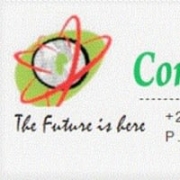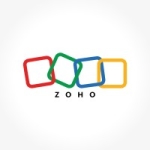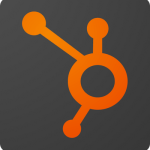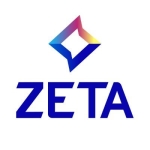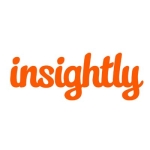What is our primary use case?
While using CRM I was a consultant making business analysis, high-level analysis making the implementation, and training the users on how to use the application. I was also doing testing and go-live with the production. I'd use it for requirement gathering from the customer and then map it to the application, implement it, fill the gaps, and make some workarounds. Sometimes we needed to use some development and then we tested it and put it live.
What is most valuable?
According to the business requirement itself, it must be valuable. It has good sales, marketing, and service aspects that we appreciate. We believe that Oracle is the most powerful service module over other products. It offers good customization.
For the most part, the solution is straightforward.
What needs improvement?
In service, especially in contracts and with Field Service with integration with the spare parts, installment, and so on, spare management, in the second level is in sales, it could be a bit better. I don't find much improvement in marketing. They moved the improvements to cloud deployment for marketing.
I'd like to see more feature enhancements. For marketing, for example, I'd like to see integration with the general ledger enhancement. They already have the layout, however, they didn't put the functionality into it so far. For marketing, I want to have the marketing SMS campaign, and not have to customize all that from the beginning. I'd like to see everything integrated with social media. We'd like it to be easier to integrate any third-party app that we want - and not just Oracle apps. I'd like to see integration with Salesforce, Microsoft, SAP, etc.
For how long have I used the solution?
I've dealt with the solution since 2007. I've used it in the last 12 months as a demo for clients.
What do I think about the stability of the solution?
It's more stable in the application, especially when you are accessing it in your local network. If you have all your data and don't have these internet issues, it's stable. However, if you don't have an internet connection, no way you will be able to access the cloud. Unless there's a bug or something, it's reliable.
What do I think about the scalability of the solution?
The solution is scalable. It varies from module to module. For example, it scales well for sales and service more than marketing.
How are customer service and support?
Technical support is great, They are very friendly. We could not survive without them.
There are a lot of batches and technical issues. They must dig in each time we have an issue. At some point, they need to get involved. We're fine with that. They're helpful. No one can survive alone. We are like an integrated team.
In our experience, 90% of the cases were sorted successfully. 10% of cases were related to some future enhancement or bugs. I cannot rate the consultant directly. Mostly, if the case is applicable to be solved, it is solved. Sometimes maybe it would take a very short time. Sometimes it would take longer as it was very complex or something. Sometimes it may have even been the case that it was the first time they faced the issue.
How would you rate customer service and support?
Which solution did I use previously and why did I switch?
There are lots of other CRMs. We chose this one due to the fact that it had
old-school stability and we were able to have our data locally. It was also more flexible and made testing easier.
How was the initial setup?
For the most part, the solution is straightforward. For example, in 70% of the areas, it's straightforward to implement. However, there is about 30% of the implementation process is not straightforward at all.
The length of time the deployment takes depends on the project, for example, how many business units, the project business volume itself, how much customization, et cetera. It will never be less than, in the easiest deployment, three or four months.
What's my experience with pricing, setup cost, and licensing?
I don't handle any aspects of the licensing.
What other advice do I have?
I installed the demo six months ago. I was using some variance of version 12. Eighter 12.0.8, 0.2, 0.8 or 0.9.
I recommend solutions according to the client's business needs. If they need something that is more flexible and giving them all that they need on-premise, I will advise them to get it. If they are needing a lot of functionality that's related to other products, or clouds, I will recommend other options that aren't Oracle.
I'd rate the solution nine out of ten.
Which deployment model are you using for this solution?
On-premises
Disclosure: My company has a business relationship with this vendor other than being a customer. partner




